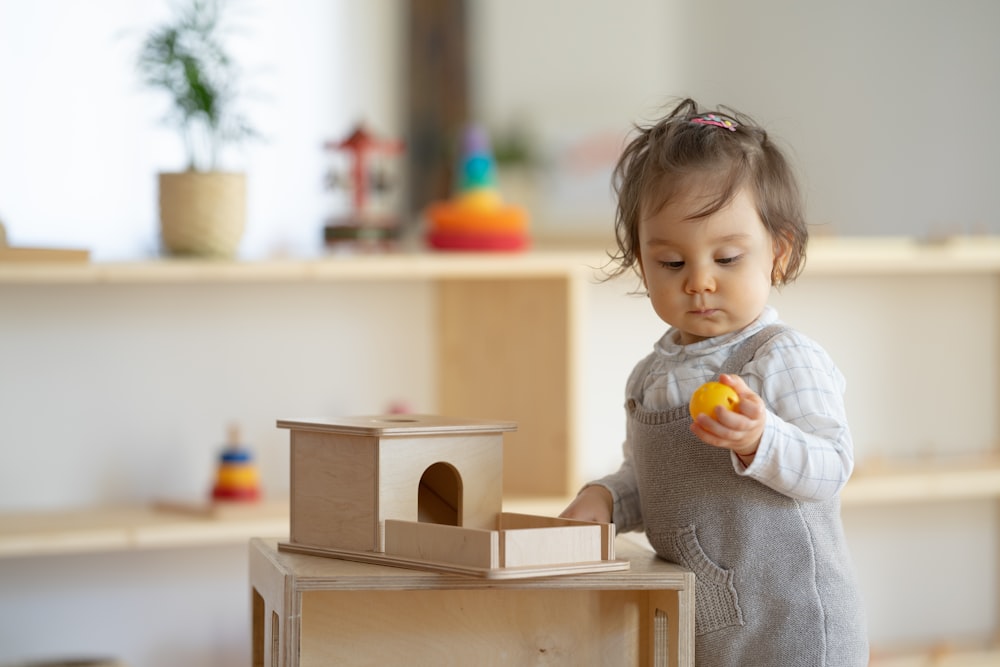The Transformative Power of the Montessori
In the bustling realm of education, where diverse pedagogical approaches vie for attention, one method stands out like a beacon of personalized learning: the Montessori method. Born out of the innovative mind of Dr. Maria Montessori, this approach has been transforming the way we perceive education since the early 20th century. Let’s delve into the intricacies of the Montessori method and explore its impact on students’ development and learning experiences.
A Unique Pedagogical Philosophy
The Montessori method is not just a teaching technique; it’s a comprehensive educational philosophy that embraces the uniqueness of each child. Dr. Montessori envisioned an environment where children are not mere recipients of knowledge but active participants in their own learning journey. In this student-centered approach, the emphasis is on fostering a love for learning, independence, and critical thinking.
A Holistic Approach to Education
One of the key hallmarks of the Montessori method is its holistic approach to education. Instead of compartmentalizing subjects, the curriculum integrates various disciplines, allowing students to see the interconnectedness of knowledge. From mathematics to language, science, and the arts, the Montessori method provides a well-rounded education that nurtures both intellectual and emotional intelligence.
The Role of the Prepared Environment
Central to the Montessori philosophy is the concept of the “prepared environment.” Classrooms are thoughtfully designed to be inviting, organized, and filled with educational materials that cater to the diverse interests and developmental stages of the students. This carefully curated space encourages self-directed learning, as children are free to choose activities that resonate with their individual interests and abilities.
Fostering Independence and Self-Discipline
In the Montessori classroom, independence is not just encouraged; it is actively cultivated. Students learn to make choices, manage their time, and take responsibility for their actions. This emphasis on self-discipline not only prepares children for academic success but also equips them with essential life skills that extend far beyond the classroom.
The Role of the Montessori Educator
Montessori educators, often referred to as guides, play a pivotal role in shaping the learning environment. Rather than acting as the sole source of information, these guides observe, facilitate, and guide students on their educational journey. They act as mentors, providing support and encouragement while allowing the natural curiosity of each child to unfold.
Sugarloaf Montessori: A Shining Example
Amidst the myriad of institutions embracing the Montessori method, Sugarloaf Montessori stands out as a beacon of excellence. Committed to the principles laid out by Dr. Montessori, Sugarloaf Montessori creates a nurturing environment where children thrive academically, socially, and emotionally. With a dedicated team of Montessori-trained educators and a thoughtfully designed curriculum, Sugarloaf Montessori sets the stage for a lifelong love of learning.
Parental Involvement and Community
The Montessori philosophy extends beyond the classroom, emphasizing the importance of parental involvement and a sense of community. Parents are considered partners in their child’s education, and open communication between educators and families is encouraged. This collaborative approach creates a supportive network that enhances the overall learning experience for the child.
Challenges and Criticisms
While the Montessori method has garnered widespread acclaim, it is not without its share of criticisms and challenges. Some argue that the emphasis on individualized learning may hinder the development of necessary social skills, while others question the adaptability of the method to conventional educational standards. These debates fuel ongoing discussions about the role and impact of the Montessori approach in contemporary education.
In conclusion, the Montessori method remains a dynamic and influential force in the realm of education. Its commitment to fostering independent, critical thinkers in a holistic learning environment has left an indelible mark on countless students worldwide. As we continue to explore innovative approaches to education, the Montessori method stands as a timeless reminder of the transformative power of personalized and child-centric learning.




